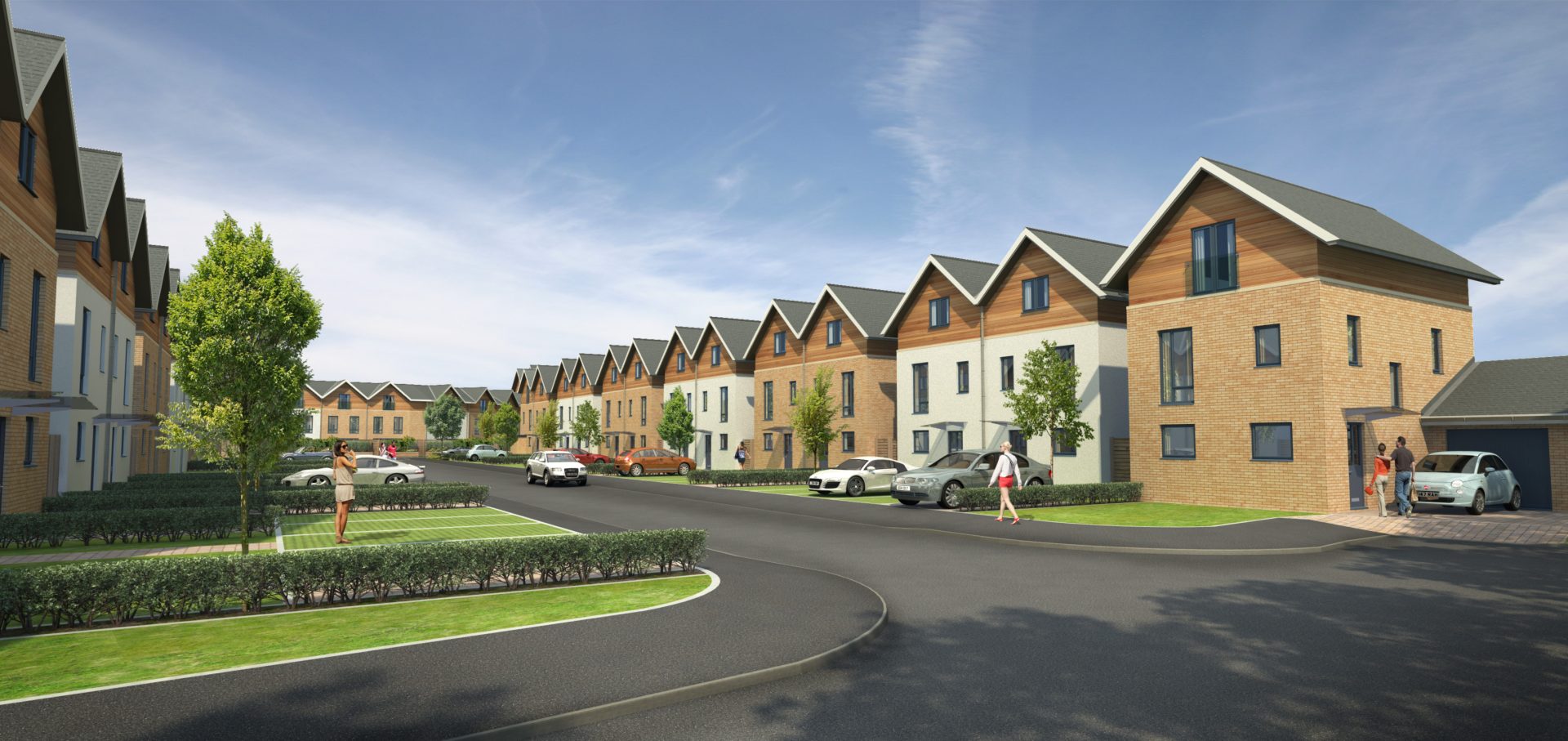Adderstone Group, has declared consolidated annual profits of £4.45m to March 31 2017.
The results highlight continued growth for the Group, with turnover increasing to £43m from £34m in the previous year. The £4.45m profit remains consistent with the £4.3m posted in the year to March 31 2016, despite losses of £662k resulting from unsuccessful planning applications in Newcastle.
The Group has completed a number of developments including the Jesmond Exchange, a 70 bed apartment scheme, and Lidl stores in Blyth and Killingworth. 2018 will see Adderstone Group complete another Lidl store in Richmond, North Yorkshire, homes for 600 people in Newcastle, as well as its first luxury apartment development in Bermondsey, South London.
Brims Construction also contributed to Group profits through high profile projects such as delivery of Live Works on Newcastle Quayside and the historic Colman’s Seafood Temple in South Shields. New subsidiary interest, Turbo Power Systems based on the Team Valley, which competed a delisting from AIM in 2017, further bolstered Adderstone Group’s consolidated balance sheet.
Having recruited Gary Hudson, former UK Land Director, as the Group’s new Commercial Estates Director, Adderstone Group has also focussed on expanding its investment portfolio. Deals in 2017 totalling £15m included the acquisition of The Rivergreen Centre in Durham, home of Atom Bank and Leeds Building Society’s office (pictured) on Cobalt Business Park. With deals agreed on a further £20m worth of assets, the Group has ambitions to build a major regional commercial property portfolio.
Group Finance Director, John Armstrong, said: “The £662k we lost on our proposed Quayside apartments and housing at Greggs (pictured) only really tells part of the story. The true cost of not winning support for these planning applications is several years work and the loss of £50m inward investment to the region. Having delivered more than £100m inward investment and developed homes for in excess of 1,000 people in Newcastle in recent years, it is with a sense of regret but perhaps also inevitability that we are having to adopt a more passive investment strategy and look at developments outside the region to realise our growth ambitions.”

